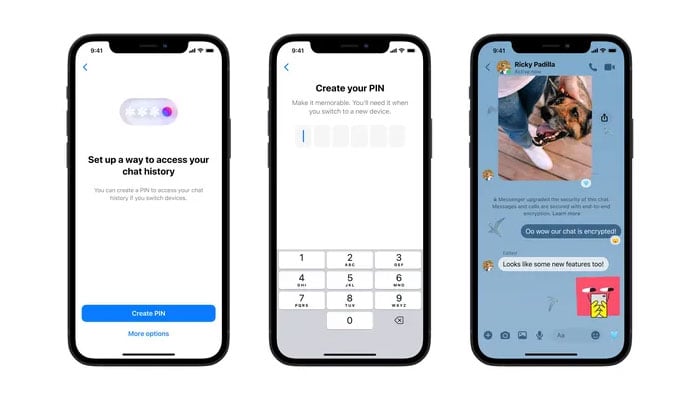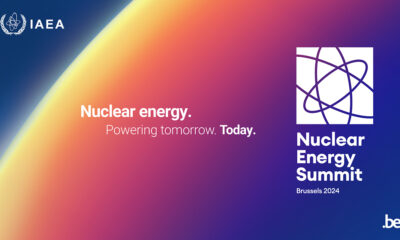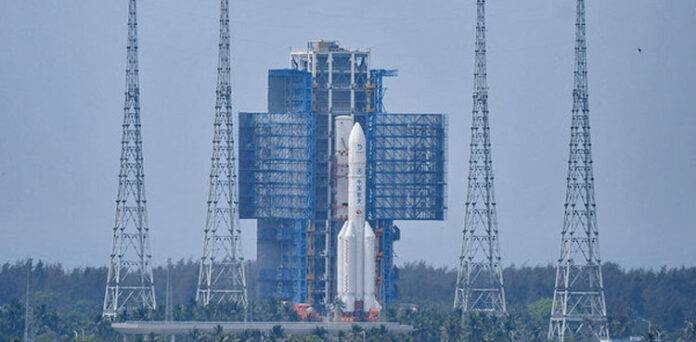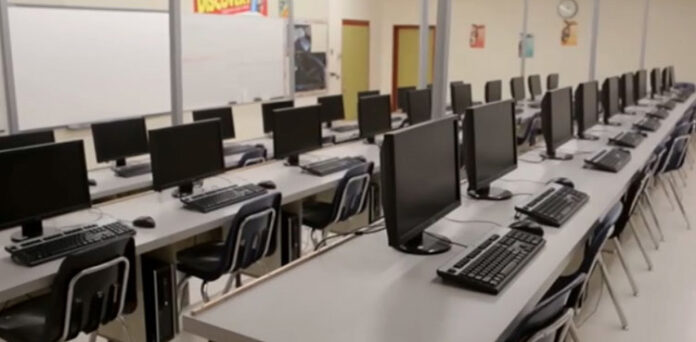Tech
Meta finally launches end-to-end encryption on Messenger

Business
Pakistan’s lunar mission ‘ICUBE-Q’ reaches the moon orbit.
Education
The establishment of IT labs in Islamabad’s educational establishments
Latest News
Pakistan launches first-ever lunar mission with iCube Qamar
-

 Latest News2 days ago
Latest News2 days agoTandoor de-sealing and worker release are mandated by court rulings.
-

 Latest News3 days ago
Latest News3 days agoCM Maryam resolved to avert tragedies like May 9.
-

 Latest News3 days ago
Latest News3 days agoAccording to CPLC data, Karachi saw 4,184 motorbike thefts and 59 fatalities in April.
-

 Latest News3 days ago
Latest News3 days agoHajj flight delayed due to airport fire in Lahore
-

 Latest News3 days ago
Latest News3 days agoSher Afzal Marwat has been removed from the PTI’s political committee.
-

 Latest News3 days ago
Latest News3 days agoAn NA speaker describes May 9 as the darkest day in the country’s history.
-

 Latest News2 days ago
Latest News2 days agoProposal to smuggle diesel foiled by Customs
-

 Business2 days ago
Business2 days agoIMF technical specialists “arrive” in Pakistan to discuss loans and budgets.


























